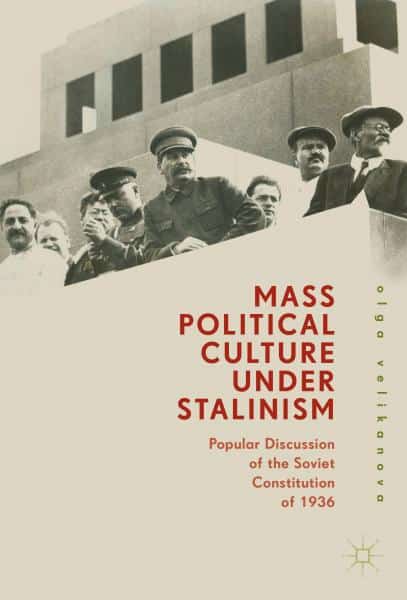
Olga Velikanova
Associate Professor of Russian History at University of North Texas
When did you first develop an interest in Slavic, East European and Eurasian Studies?
I was born in Leningrad/St-Petersburg and was always (since my school years) unsatisfied with the official Soviet version of history. Even before Perestroika I tried to find in the archives the answers that were missing in literature. When archives opened in 1991 I became one of the first historians who discovered that surveillance over the population resulted in a huge complex of secret police reports on popular opinions – the major focus of my research. (It was not my only discovery. As a member of archeological expedition in Yaroslavl’ I unearthed a hoard of silver Arabic coins from the 9th century). My archival research continues for thirty years and it is my passion, though conditions in Russian archives are very different from American archives.
How have your interests changed since then?
The popular perceptions of Soviet politics became my major topic, but I approach it from various perspectives. In the first two books, I studied cult of leader in the USSR from the anthropological perspective, next book studied popular opinions in the 1920s, then I moved to mass political culture perspective. Big politics and surveillance are also subjects of my interest and publications. Memory about Stalinism in modern Russia is intriguing topic. My dream is to make a documentary about that.
What is your current research/work project?

The study also covers the government’s goals for the constitution’s revision and the national discussion, and its disappointment with the results. Outcomes of the discussion convinced Stalin that society was not sufficiently Sovietized. Stalin’s re-evaluation of society’s condition is a new element in the historical picture explaining why politics shifted from the relaxation of 1933-36 to the Great Terror, and why repressions expanded from former oppositionists to the officials and finally to the wider population.
What do you value about your ASEEES membership?
Precious opportunity to be connected with the colleagues. Annual Convention turned to be the most representative international venue in the field of Slavic Studies.
Besides your professional work, what other interests and/or hobbies do you enjoy?
I regret that I can’t devote more time to such activities like hiking, kayaking, enjoying art (old masters and modernism), and spending time with my two sons, who live in Canada.